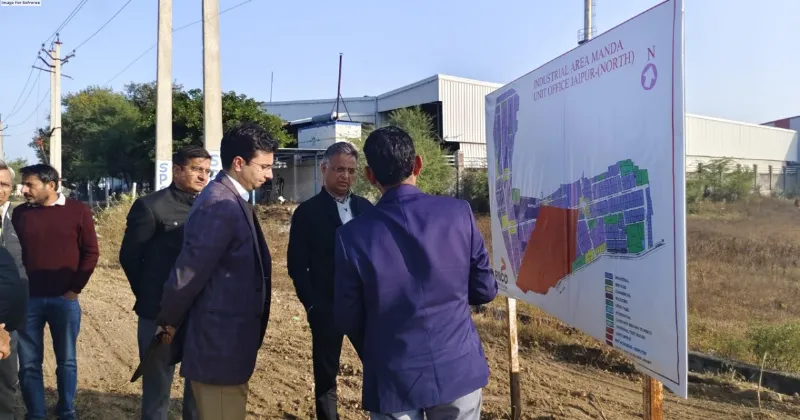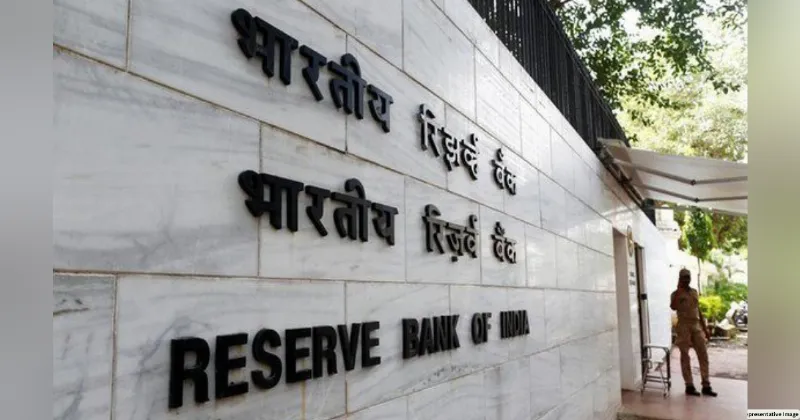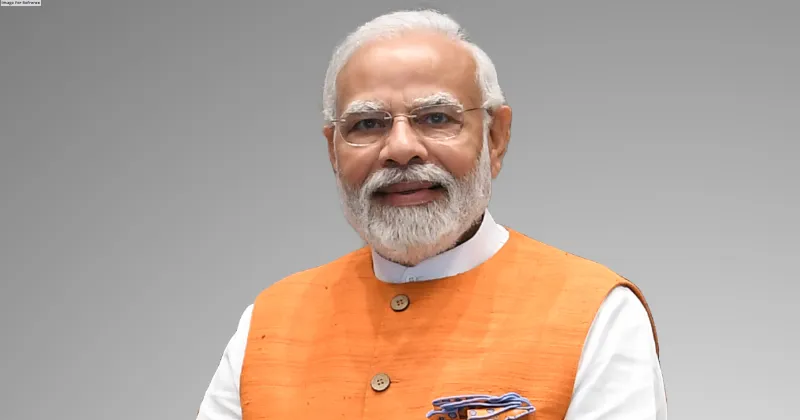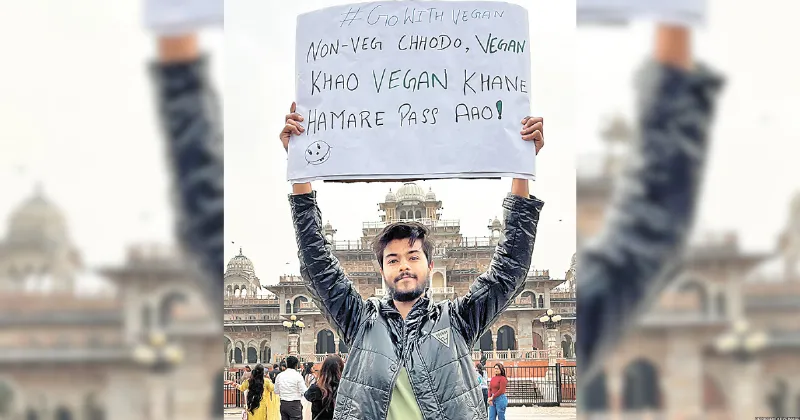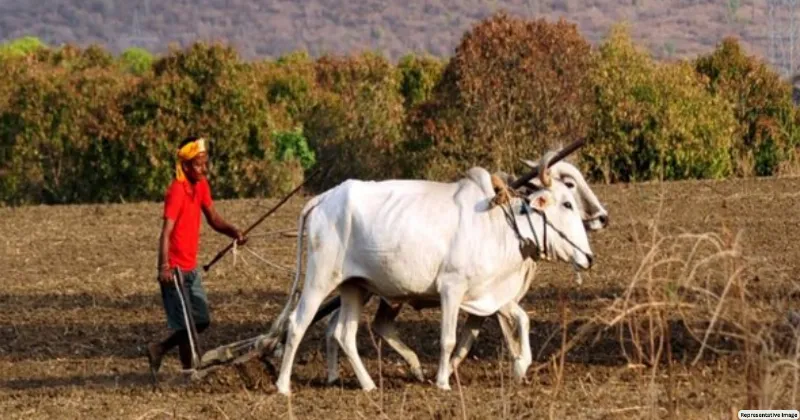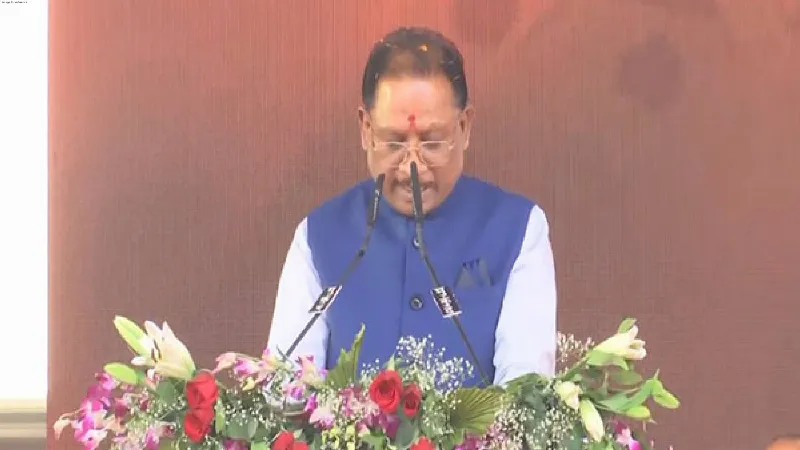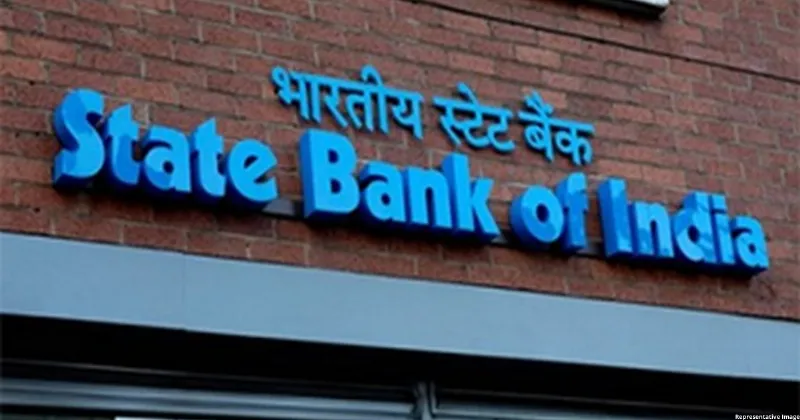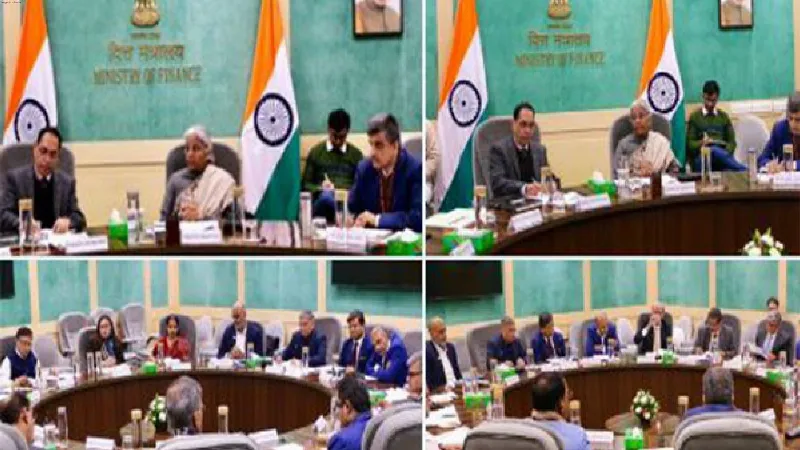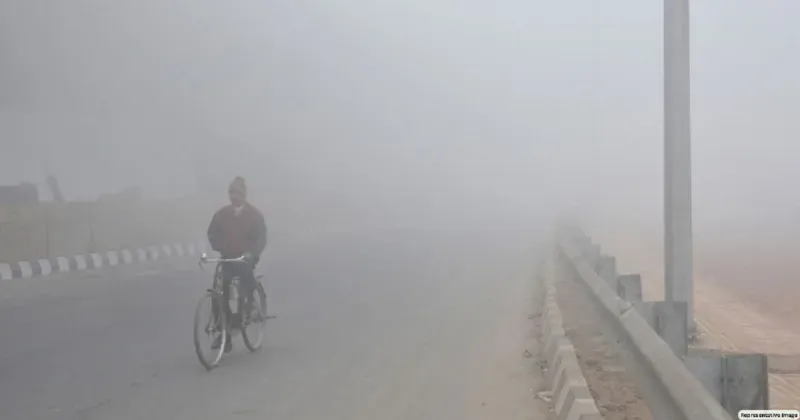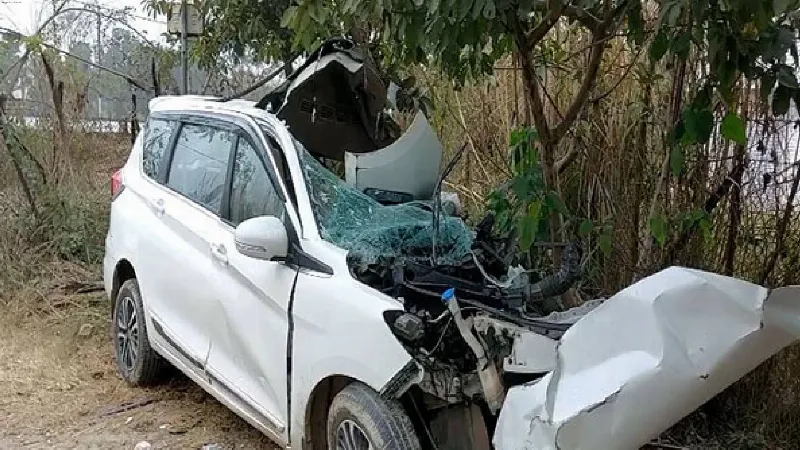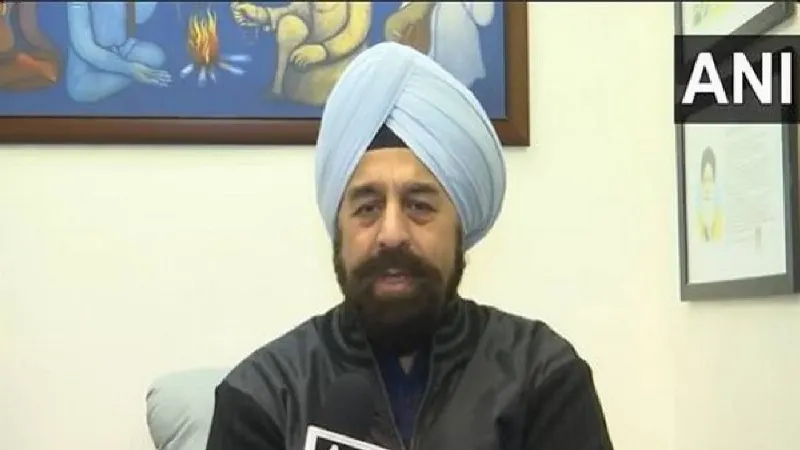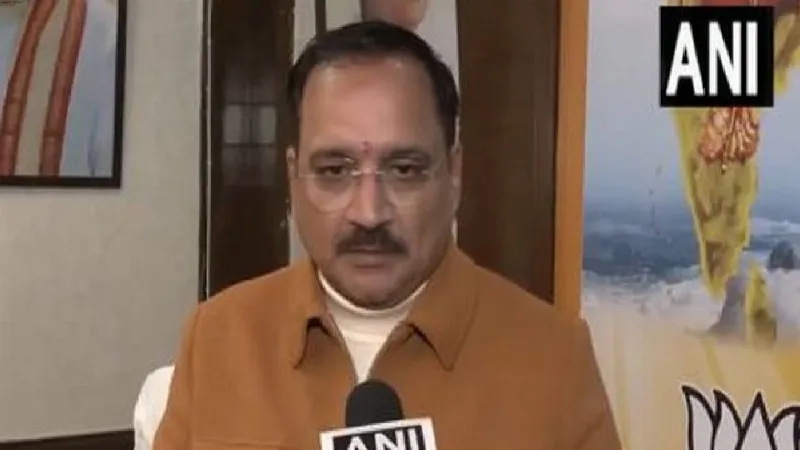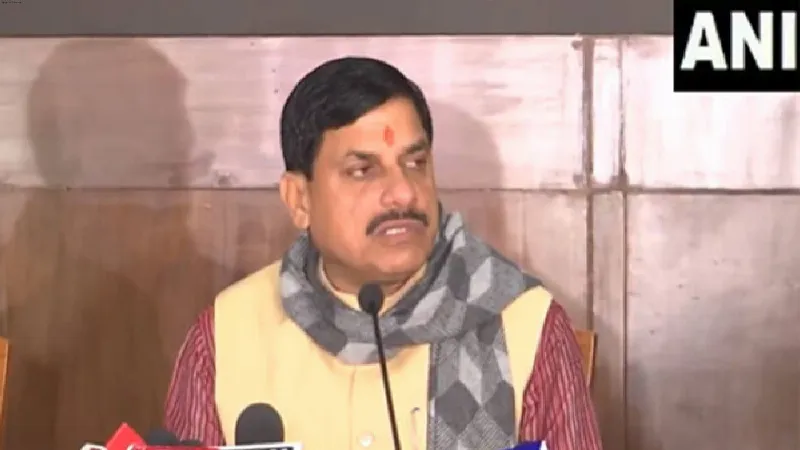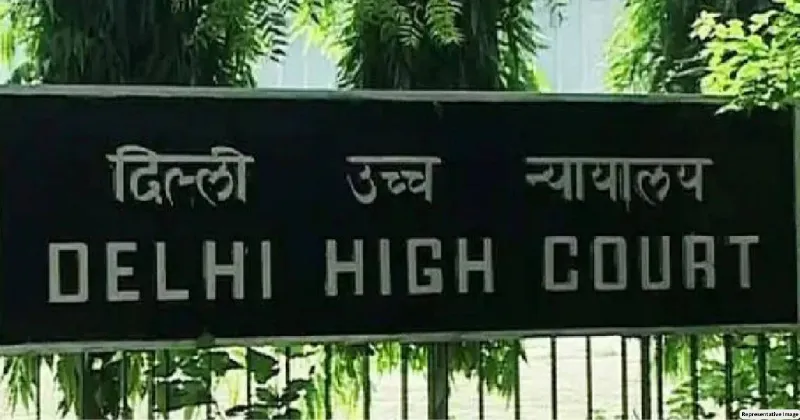Rice traders must disclose stocks starting next Friday: Food secretary

New Delhi: Rice retailers, wholesalers and processors are asked that, beginning next Friday, they disclose their stock holdings, Sanjeev Chopra, Secretary Department of Food and Public, said.
The reporting of stocks is irrespective of the category of rice--basmati or non-basmati, parboiled, or broken.
"To check the prices of rice retailers, wholesalers and processors are advised that the beginning next Friday, they should be disclosing their stock on our portal in various categories of the stocks that they're holding, whether it's basmati or non basmati or parboiled, are broken. If required govt will consider to fix stock stock limit for rice," Sanjeev Chopra told reporters.
Rice prices on average rose 14.5 percent year-on-year, and there were apprehensions that traders must be hoarding the commodity.
"So hopefully that will send a signal to these unscrupulous elements who are holding stocks for no reason to release the stocks into the market," the secretary said.
Among other interventions to cool food grain prices, the secretary said subsidised Bharat Rice has been supplied by Food Corporation of India to the three entities -- NAFED, NCCF and Kendriya Bhandar.
"They have been advised to have the maximum retail price at 29 rupees per kg. We are further targeting the areas in the country where the prices are higher than the national average to ensure that the targeted intervention is made in these areas to bring down the price of rice," he added.
Notably, the export of non-Basmati white rice was prohibited on July 20 to check domestic prices and ensure domestic food security.
The exports to these countries are, however, permitted through National Cooperative Exports Limited.
While initially amending the rice export policy, DGFT maintained that the export will be allowed based on permission granted by the government to other countries to meet their food security needs and based on the request of their government. So far, India has allowed exports, though with varying quantities, to over a dozen countries.
West African country Benin is one of the major importers of non-basmati rice from India. Other destination countries are UAE, Nepal, Bangladesh, China, Cote D' Ivoire, Togo, Senegal, Guinea, Vietnam, Djibouti, Madagascar, Cameroon Somalia, Malaysia, and Liberia.
In late August, India also introduced additional safeguards by way of imposing a minimum floor price on exports of basmati rice to prevent exports of non-basmati white rice, which was already under the prohibited category since July.
The central government extended the 20 per cent export duty on parboiled rice until March 31, 2024. Rice that is partially boiled with husks is called parboiled rice.
Initially, the duty was introduced on August 25, 2023, and was due to remain effective till October 16, 2023, aimed at maintaining adequate domestic availability and checking its price.
India in September 2022 banned the exports of broken rice and imposed a 20 per cent duty on exports of non-Basmati rice, except for parboiled rice amid concerns about low production due to a fall in area under the paddy crop. It later lifted the ban in November.




